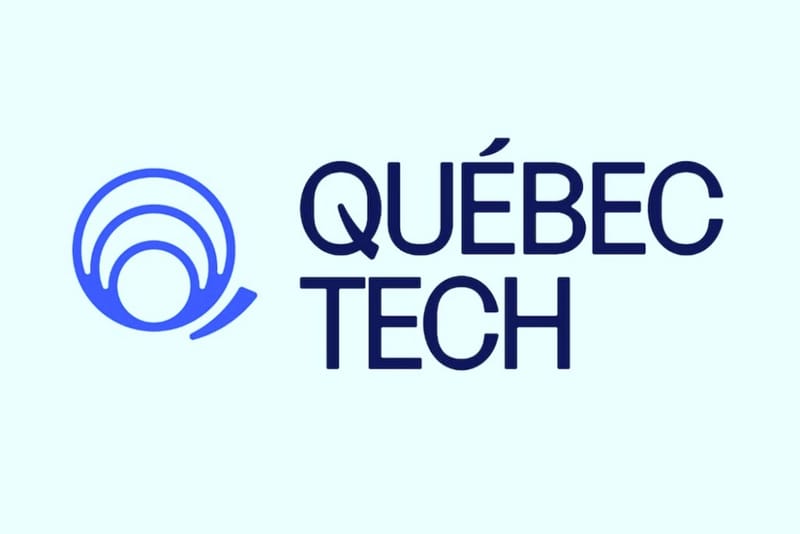Yelp charges Google with harming local search businesses and monopolising the market
In addition to this case, Google is also embroiled in an antitrust lawsuit filed by Epic Games.

Yelp has filed a lawsuit against Google, accusing the tech giant of leveraging its search engine dominance to stifle competition.
The lawsuit, filed on August 28 in the U.S. District Court for the Northern District of California, seeks to protect competition, consumer choice, and to recover damages, while also aiming to prevent Google from continuing its alleged anticompetitive practices in the local search services and advertising markets.
Yelp, which specializes in public reviews of local businesses and generates revenue through local search advertising, claims that Google has abused its monopoly in general search to divert traffic from competitors to its own local search product.
Yelp is categorized as a specialized vertical provider (SVP), meaning it offers user-specific information in a structured format that is unique to its platform.
Other SVPs include Glassdoor for job searches, Expedia for travel, and Zillow for real estate.
The lawsuit asserts that if the market were fair, SVPs like Yelp would pose a significant threat to Google by drawing traffic and advertising revenue away from the tech giant.
Yelp also alleges that Google’s efforts to purchase the company, which were rebuffed, led to a prolonged campaign to limit Yelp’s reach to customers via Google search.
This included accusations of Google stealing Yelp’s content, favoring its own local search results over Yelp’s, and using its ‘OneBox’ feature to highlight its own local search services at the top of search results.
Yelp claims that these actions have hindered its ability to scale and reach more consumers, thereby allowing Google to maintain its dominance, reduce competition, and charge higher fees to advertisers.
As a result of Google’s alleged conduct, Yelp argues that its traffic and advertising revenue have suffered.
The lawsuit accuses Google of violating the Sherman Antitrust Act and California’s Unfair Competition Law, and it calls for the court to award monetary damages and issue an injunction to stop Google’s anticompetitive practices.
In response, a Google spokesperson dismissed Yelp’s claims as unoriginal, pointing out that similar accusations were previously dismissed by the Federal Trade Commission (FTC) and recently by a judge in the Department of Justice’s (DOJ) case against Google.
The spokesperson emphasized that Google plans to "vigorously defend against Yelp’s meritless claims."
Google has been facing several high-profile antitrust cases, highlighting ongoing concerns about its market dominance and business practices.
One significant case, ruled on by U.S. District Judge Amit Mehta in early August 2023, found that Google violated antitrust laws in a lawsuit originally filed in October 2020.
This case accused Google of illegally paying mobile manufacturers, wireless carriers, and browser developers to ensure that Google remained the default search engine on their devices, effectively limiting consumer choice.

Judge Mehta revealed that in 2021 alone, Google paid $26 billion to these partners to secure its dominant market position.
In response to the ruling, Kent Walker, Google’s president of global affairs, defended the company by stating that the decision acknowledged Google as offering the best search engine but criticized the notion that Google should not be allowed to make its product easily accessible to users.
In addition to this case, Google is also embroiled in an antitrust lawsuit filed by Epic Games.
This lawsuit accuses Google of monopolizing the market for distributing mobile apps to Android users and controlling the market for processing payments on these platforms.
The Federal Trade Commission (FTC) has supported strict actions against Google in this case, filing an amicus brief to encourage the court to take firm action against these practices.
Moreover, concerns about Google’s business practices have extended to the use of generative artificial intelligence (GAI). In May 2023, the News/Media Alliance sent a letter to the Department of Justice (DOJ) and the FTC, raising alarms about Google’s alleged misappropriation of digital publishers’ content to power its GAI products.
The letter argued that Google’s use of such content without compensating publishers could further entrench its monopoly power.
Specifically, the Alliance criticized Google’s plans to place AI Overviews, which provide a preview of searched queries, at the top of search engine results.
They argued that this would reduce traffic to publishers' websites, thereby diminishing their ability to monetize content through advertising, subscriptions, and affiliate links, while driving monetization directly to Google instead.
These cases underscore the increasing scrutiny Google faces over its business practices, with ongoing debates about how its actions affect competition, consumer choice, and the broader digital ecosystem.





